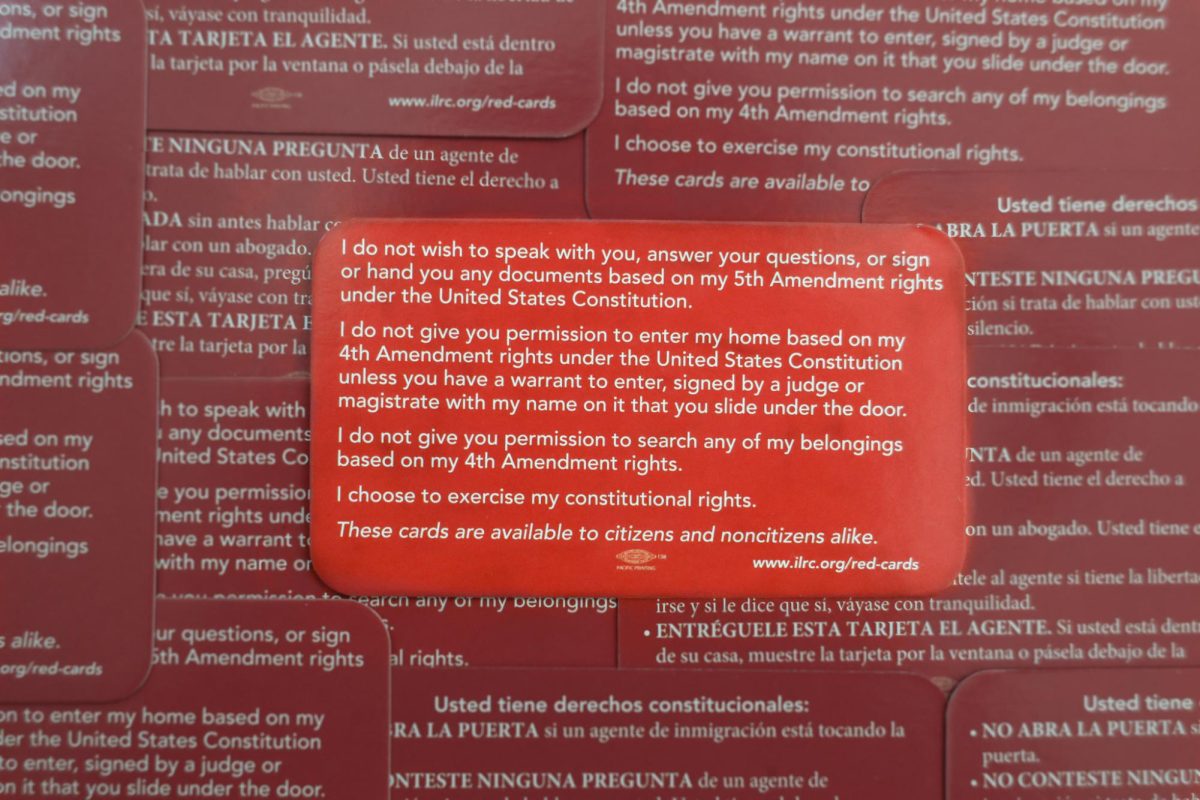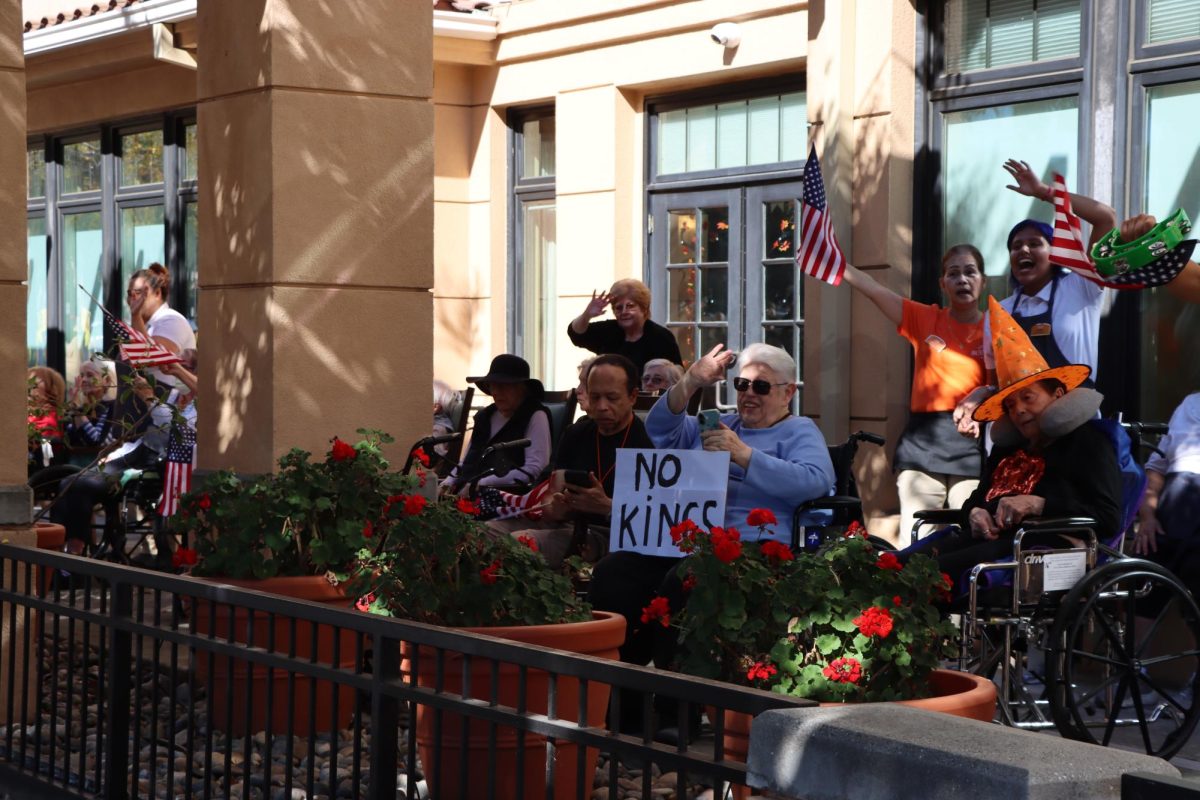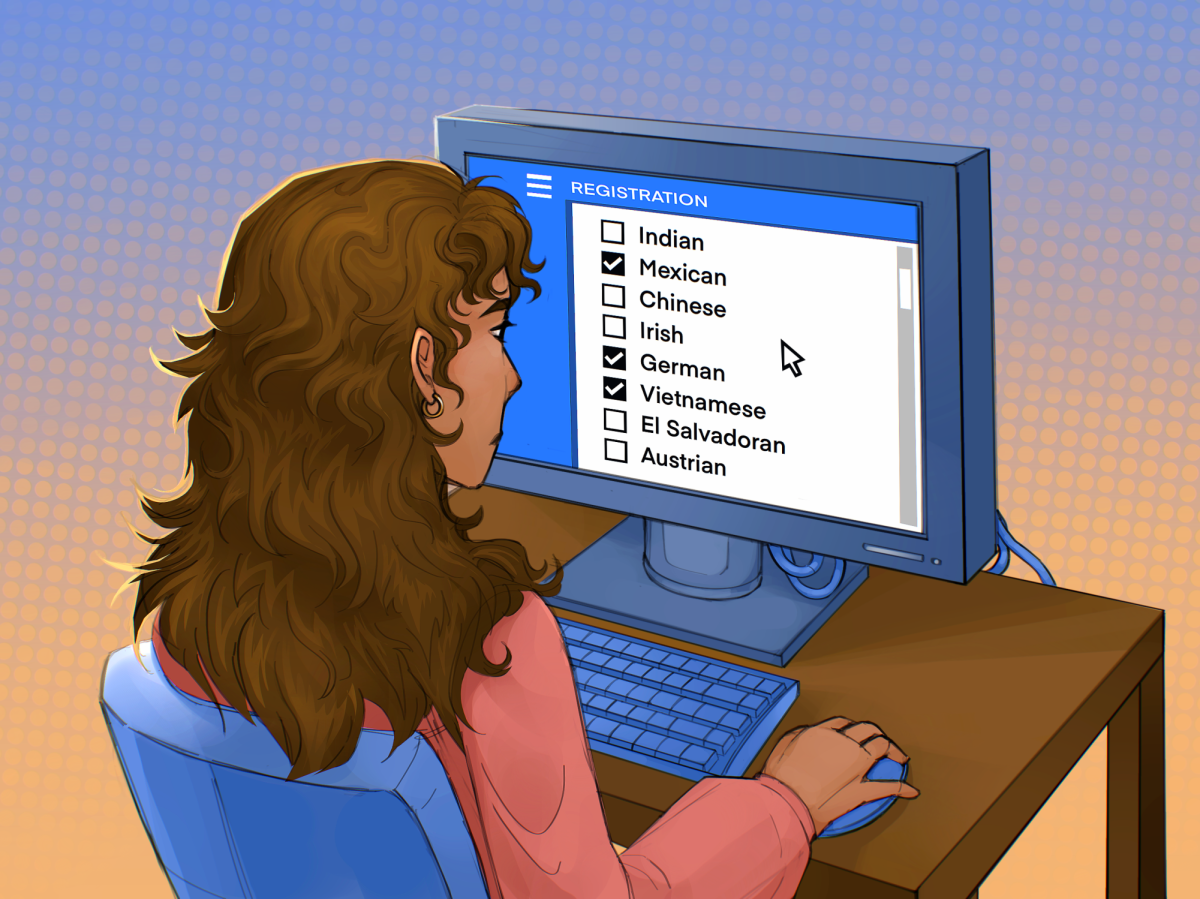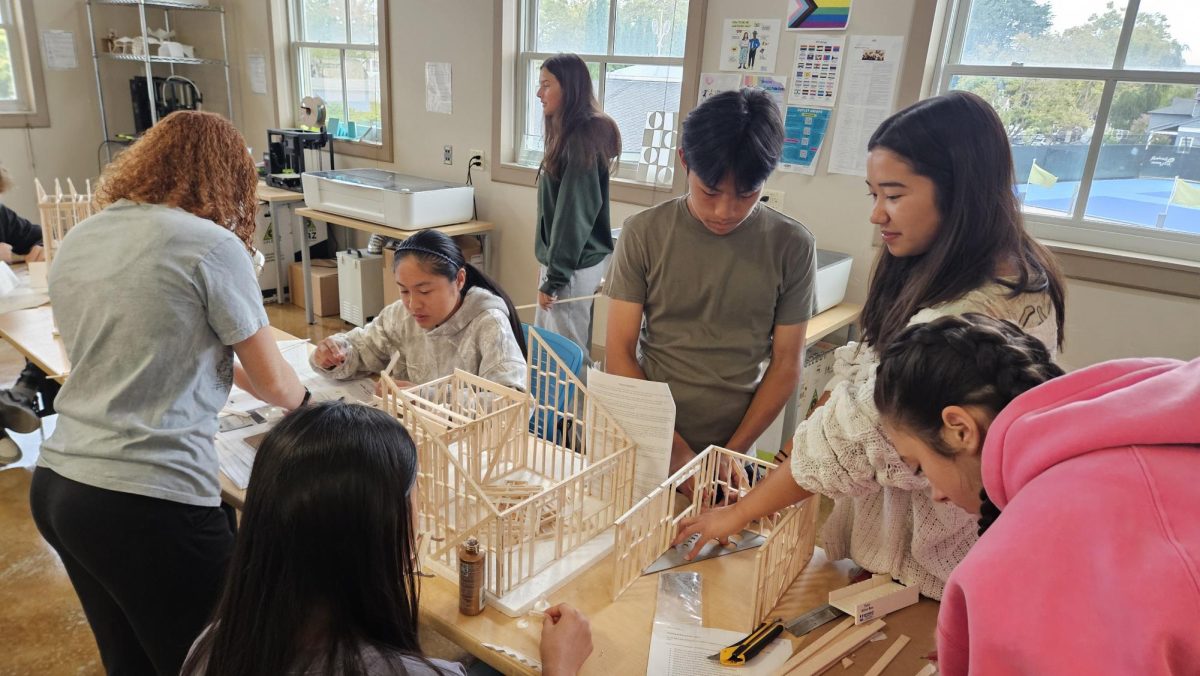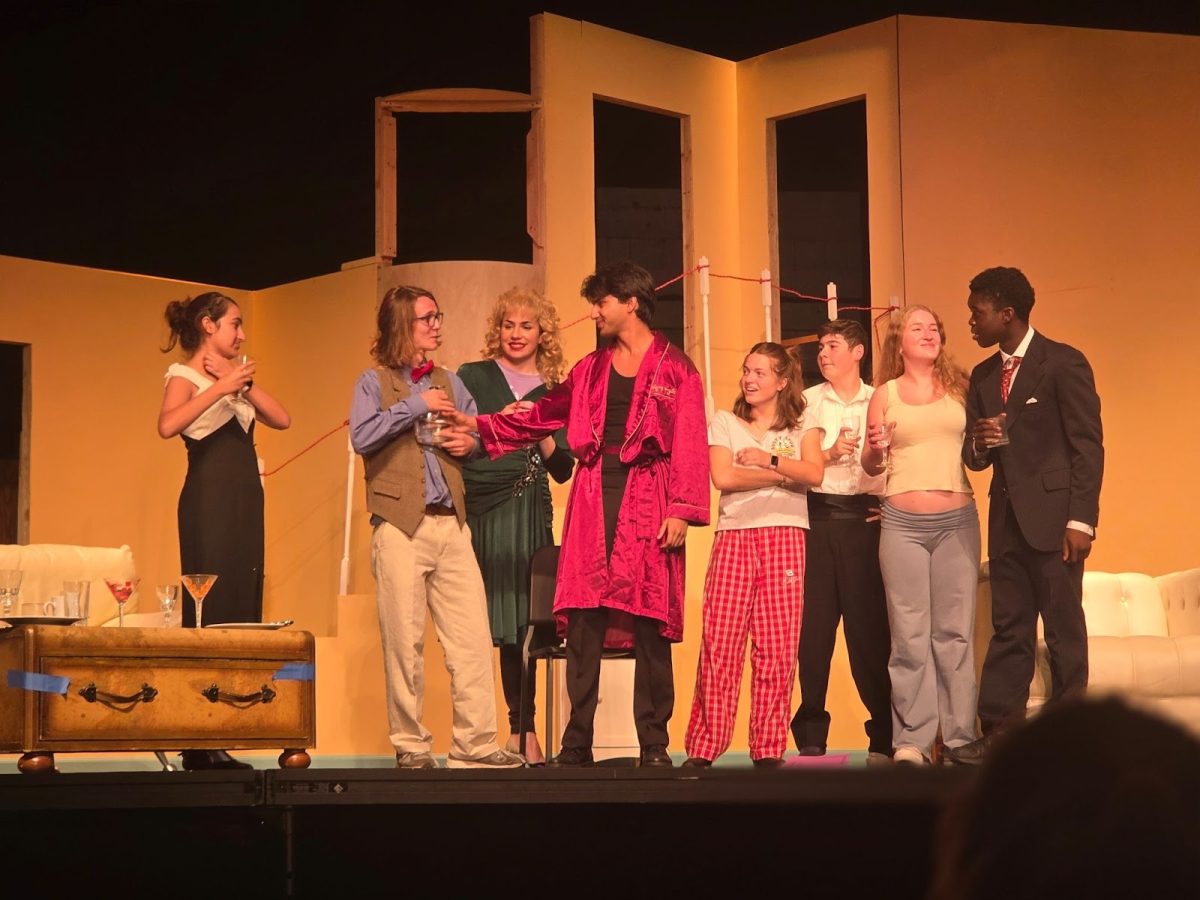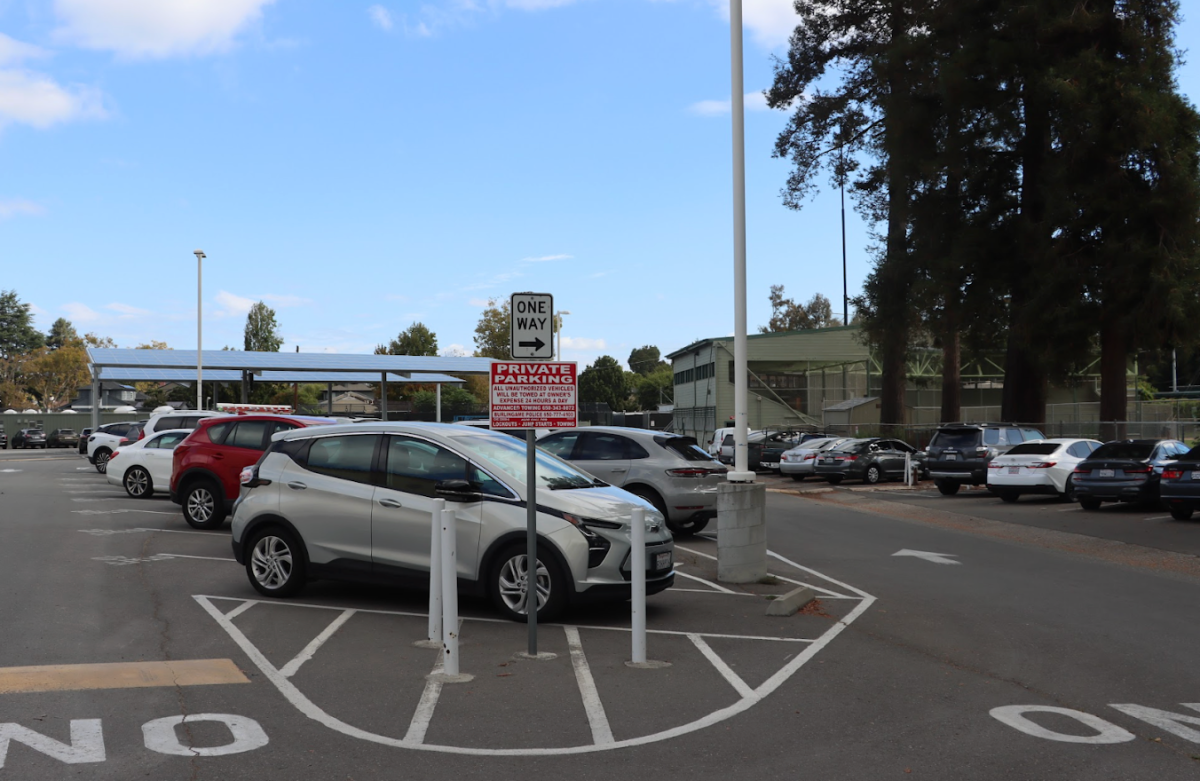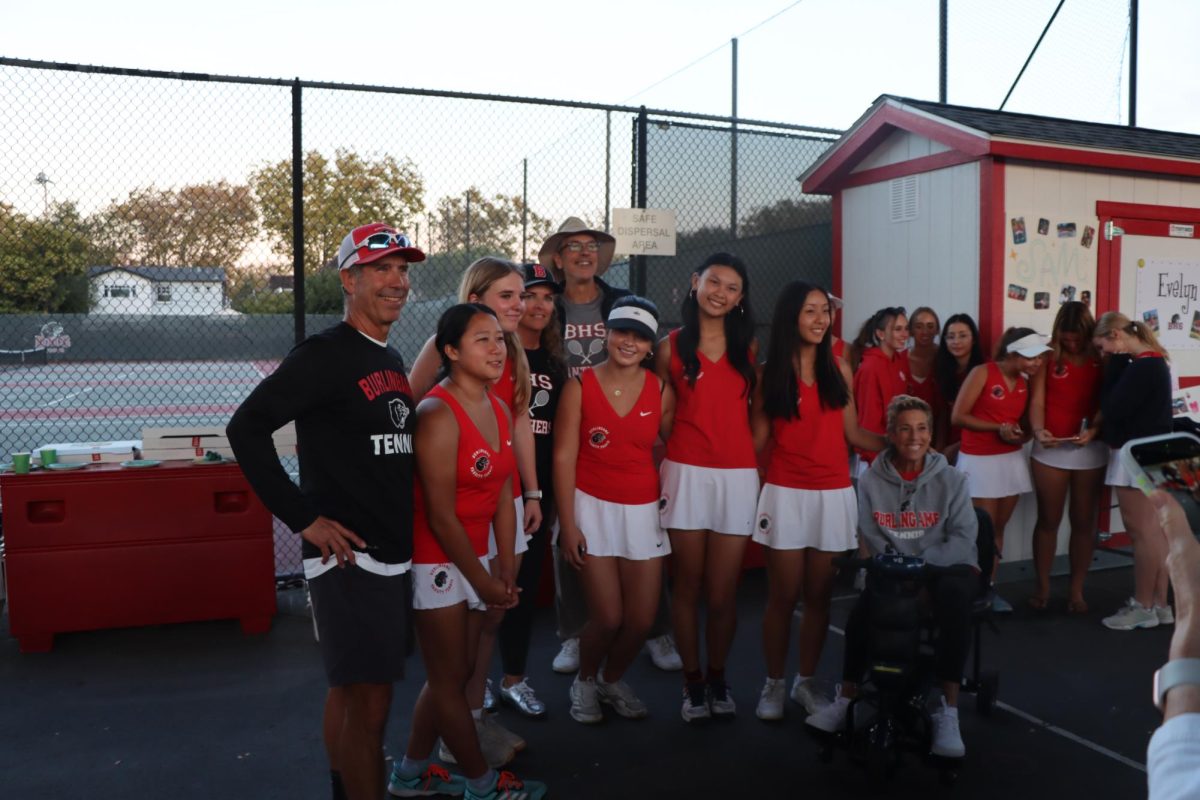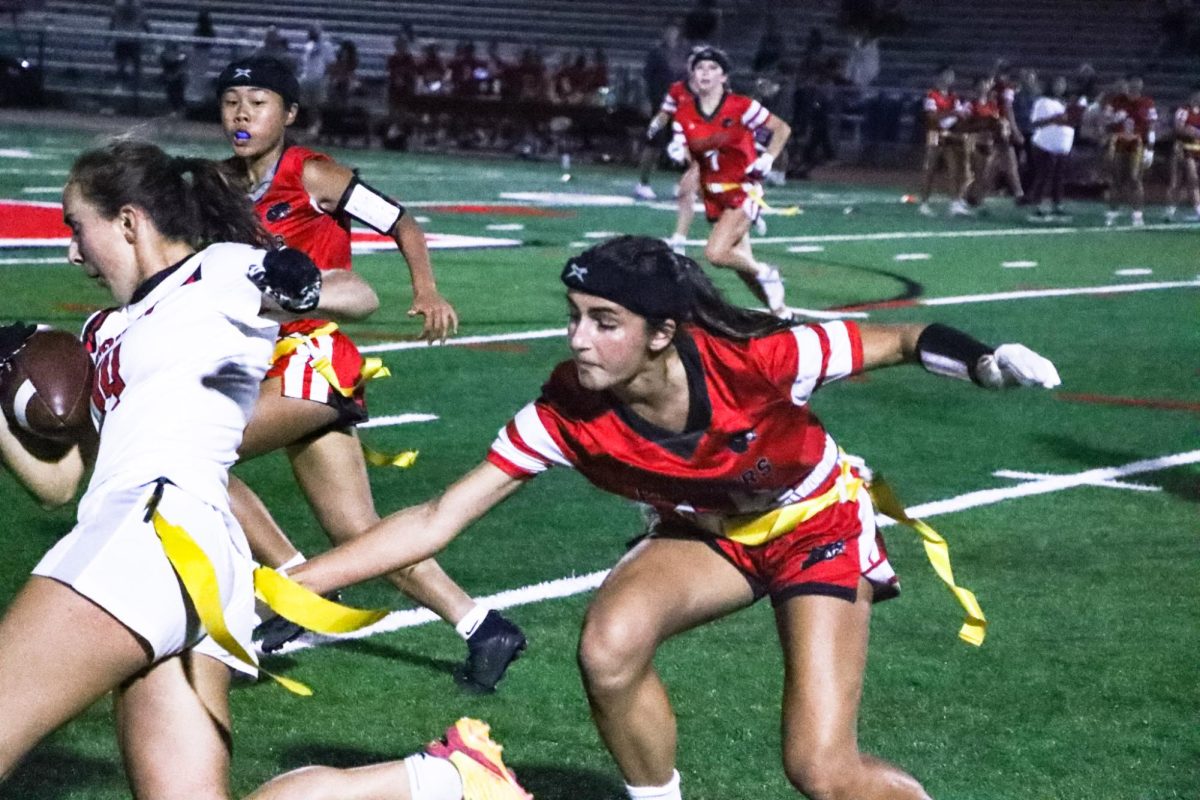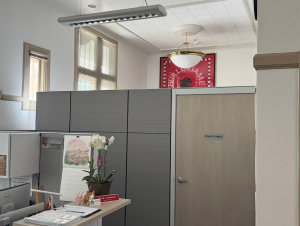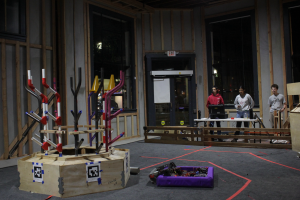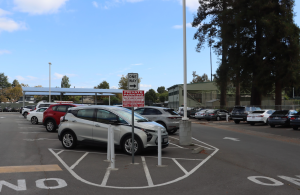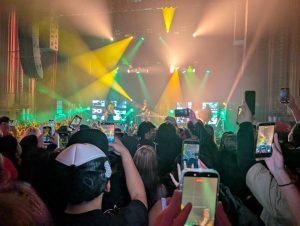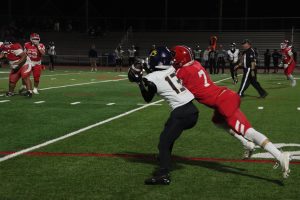The Iron Panthers are back to business

Robotics member Sam Herman working on a modeling project using the program SolidWorks.
November 4, 2020
Forced to go fully virtual, Burlingame’s robotics team, the Iron Panthers, have attempted to convert the majority of their program to fit with the rules and regulations imposed due to the global pandemic. The robotics team is split up into different subteams, some tackling more hands-on aspects such as engineering, with others being more behind the scenes, like business and programming. While several subteams have adapted to the online format, many of the engineering subteams are being forced to find alternative routes in order to accomplish their goals due to the loss of their lab.
Both the business and programming subteams have made the jump to the online environment almost seamlessly. The two subteams had already utilized computers to accomplish their tasks prior to distanced learning. Emailing potential sponsors and programming in general are both tasks well fit for the online environment.
Many of the engineering teams don’t have the ability to cooperate with each other as easily without in-person lab time, which makes it even more difficult for them to build the robot. The primarily hands-on centered teams are also struggling with another important aspect: teaching new members.
Senior Aldric Saligo is a member of the electrical programming subteam and has been challenged with teaching newer members extremely hands-on tasks over Zoom.
“We learn by experience, so we can teach everybody the tools and we can teach everyone what things look like and how they should connect. But we can’t show them how to do that [in person],” Saligo said. “So we don’t know if they’ll actually follow all the safety instructions that we taught them.”
James Varah and Sydney Woo, seniors and co-captains of the robotics team, are working closely with Principal Paul Belzer to try and reopen the lab, with the hope of allowing newer members to get more hands-on experience.
“We want to spend as much time [as we can] focusing on training the new members to make sure that our team can continue to be as successful as we were in the past,” Varah said.
In order to counteract these issues, the team has found some alternative methods and software, like 3D design programs such as CAD (Computer-Aided Design) and SolidWorks, in an attempt to teach new members the basics of building robots.
In the short term, the Iron Panthers have a couple goals past getting back into the lab. One of these goals is to participate in the annual FIRST Robotics Competition again, which is planning to go fully virtual this year through a prerecorded submission of the robot completing specific tasks. Another goal is to keep their Cub Central science program running, a class that focuses on educating elementary school children on different sciences, as well as robotics as a whole.
While the team has adapted to many of the challenges to online learning, one thing that the team hasn’t been able to fully recover is the team bonding aspect that comes with in-person learning.
“It’s a lot more difficult to establish a deeper connection with the members,” Varah said.
Woo encourages new members who are a little more hesitant to stick with the team and hang on.
“This team actually gives you an incredible opportunity to actually [create] real change on the people and community around you,” Woo said.“ If you stick around, you’ll get to see that happen.”

